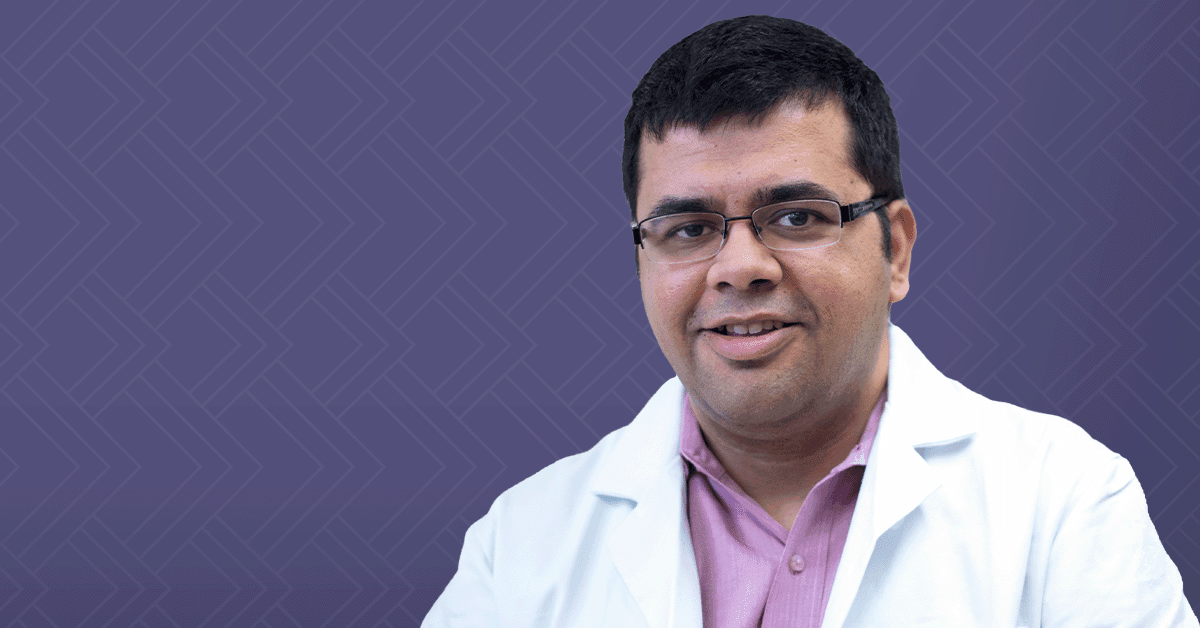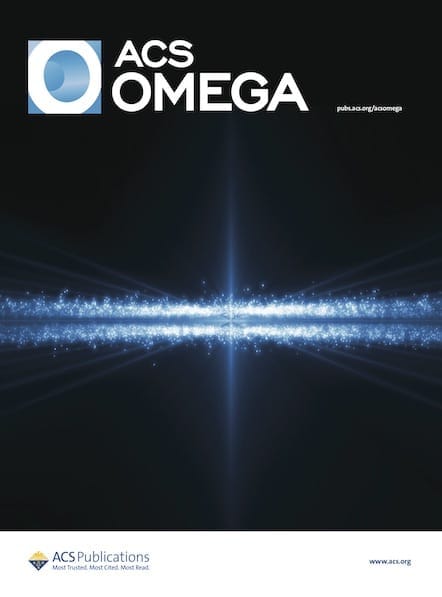In this interview, Prof. Banerjee discusses his current research, his aspirations for the journal, and tips for young researchers who are just getting started in the field.

On January 1, 2025, Professor Sarbajit Banerjee was promoted to the position of Deputy Editor at ACS Omega, having served as a Senior Editor at the journal since 2019.
Sarbajit Banerjee is a Full Professor of Chemistry at ETH Zürich and serves as Head of the Laboratory for Battery Science at the Paul Scherrer Institute (PSI) in Villigen, Switzerland. Prior to starting his positions at ETH and PSI, he was the Davidson Chair in Science and a Professor of Chemistry and of Materials Science & Engineering at Texas A&M University.
His research interests are focused on mechanistic studies and materials design for energy storage, electron correlated solids, electronic structure studies at interfaces, metastable materials, energy efficient computation, multifunctional coatings, and the development of synchrotron spectroscopy and imaging methods.
ACS Omega publishes new peer-reviewed findings in chemistry and the interfacing sciences, including interdisciplinary studies. The editors seek content with original chemical insight, supported by sound scientific principles and robust experimental and/or computational protocols, without a requirement for wider significance. Reports of negative results that meet these expectations are welcome.
Read our interview with Prof. Banerjee
What does it mean to you to be promoted to Deputy Editor at ACS Omega?
In a time of unprecedented change and division, I see ACS Omega as having a critical role to play in incubating new ideas, connecting science to people, and ensuring, through our open access model, that the fruits of technological advancements are available to all in our communities. Having been in the trenches since 2019 as an Associate Editor and a Senior Editor at ACS Omega, I am honored to step up to this role and to help grow the journal that I believe has a special place in the ACS Publications portfolio as the “big tent” for all of chemistry and adjacent disciplines. In an increasingly interconnected world where nations are looking to science and technology to power their economies and to democratize access to discoveries, ACS Omega has a critical role in facilitating global conversations, building trust in science, and ensuring that all researchers worldwide have a seat at the table.
Why should researchers working in the field consider submitting their next manuscript to ACS Omega?
ACS Omega is at theforefront of important global conversations. The content published in our pages is informing, translating, debating, and shaping global conversations across many areas of chemistry and adjacent disciplines with extensive worldwide engagement. Researchers publishing in ACS Omega can rapidly access a global audience that knows it can trust our content.
What are you looking for in papers you receive?
We are looking for sound science that advances fundamental and applied aspects of chemical research without a judgment of urgency or timeliness. I think this is a great model that takes personal taste and current fads out of the picture and focuses entirely on scientific rigor. We are particularly interested in original insights and high-quality science in traditional, emerging, and boundary spanning areas of chemistry.
What are you currently working on?
At ETH Zürich and the Paul Scherrer Institute, we are seeking to advance the molecular, and materials foundations of electrochemical energy storage, and to bridge across decades of spatial, temporal, and energy scales to devise scalable solutions that accelerate the energy transition and benefit all of humanity. We are particularly seeking to understand physical phenomena based on accessible and bespoke materials and molecules that unlock novel modes of energy storage and/or alleviate constraints of current energy storage mechanisms. We are learning and deploying multiscale design principles based on foundational understanding of descriptors of atomistic, electronic, and mesoscale structure to solve problems in electrochemical materials and their applications.
What excites you about your current research?
Electrochemical materials, spanning the range from battery electrodes, neuron- and synapse-like materials for computing, active materials for extraction of critical elements from waste, and electrocatalysts, are key to reimagining our manufacturing economies and how we live our lives. Electrification of our vehicular fleets, chemicals and plastic manufacturing, and resource recovery processes will have far-reaching ramifications for our energy-centered economy. I am excited about the potential to have immediate impact and for the privilege to work with committed and passionate students and colleagues.
What do you see as the biggest challenges and opportunities in the field today?
As a solid-state chemist, electrochemist, and materials scientist, I am excited about emerging toolsets that are becoming available to peer deep into physical processes as they happen and watch the dynamical evolution of matter with unprecedented spatial and time resolution. Advances in synchrotron science, neutron methods, free-electron lasers, and muon sources are providing us unprecedented insight and helping us design new materials and molecules to fulfill desired functions. I recently had the opportunity to co-lead a workshop sponsored by the National Science Foundation on imagining Materials Laboratories of the Future—our report has just been released—and I think articulates some of the exciting ways in which science is changing as we develop new tools and start to harness the power of AI.
What element has been most central to your scientific career, and why?
For the entirety of my independent career, I have been fascinated by the 23rd element—vanadium. Many solid-state chemists talk about each element having a certain character and a personality—vanadium is an old friend we get to know in new ways every day. We have been fortunate to unlock some of the mysteries of vanadium compounds—their phase transformations, electron (de)localization, redox cascades—it’s been an incredibly rich playground, and we’ve only just scratched the surface.
I have been privileged in my scientific career to have worked with some incredible people—who are great scientists and amazing humans—we have graduated 34 PhDs so far and trained about a dozen postdoctoral researchers and close to 100 undergraduates—it’s been a huge honor and privilege to have been part of their journeys in science and to see them grow as researchers and professionals.
What advice would you give to young researchers in the field today?
I think it is important to pursue something one is passionate about regardless of whether or not it is the current fad. Building substantive research programs requires consistent engagement, embracing new challenges, and seemingly endless effort—but is ultimately worth the payoff in terms of impact. Perhaps the most important lesson I’ve learned in my career and so the advice I pass on to my students is to be unafraid of the new and to boldly step out and take big risks in terms of research directions.
What interests and hobbies do you enjoy outside of work?
I like cooking and travel—one of the greatest privileges of being a scientist is to be able to meet with researchers from across the world and the opportunity to explore many interesting corners of our planet.

